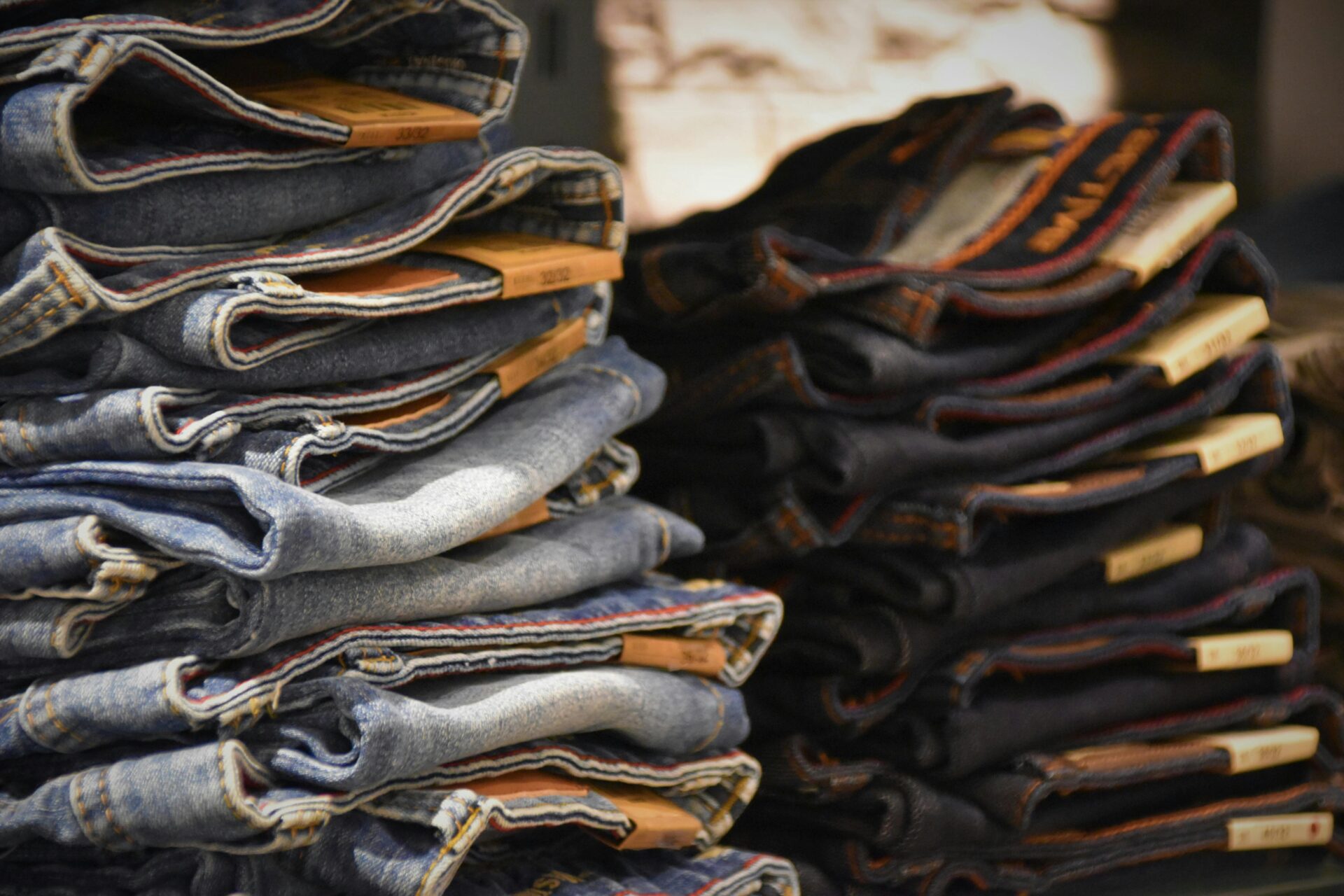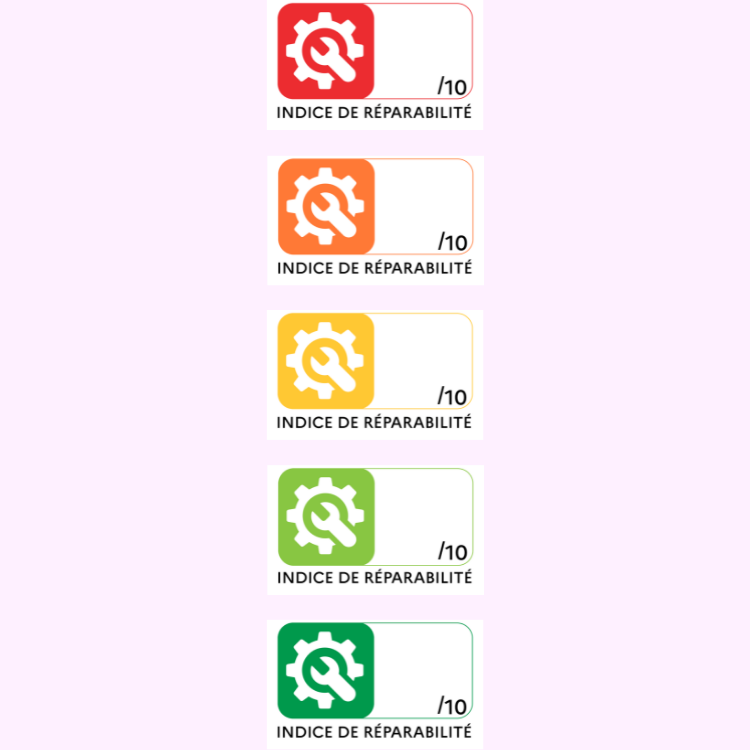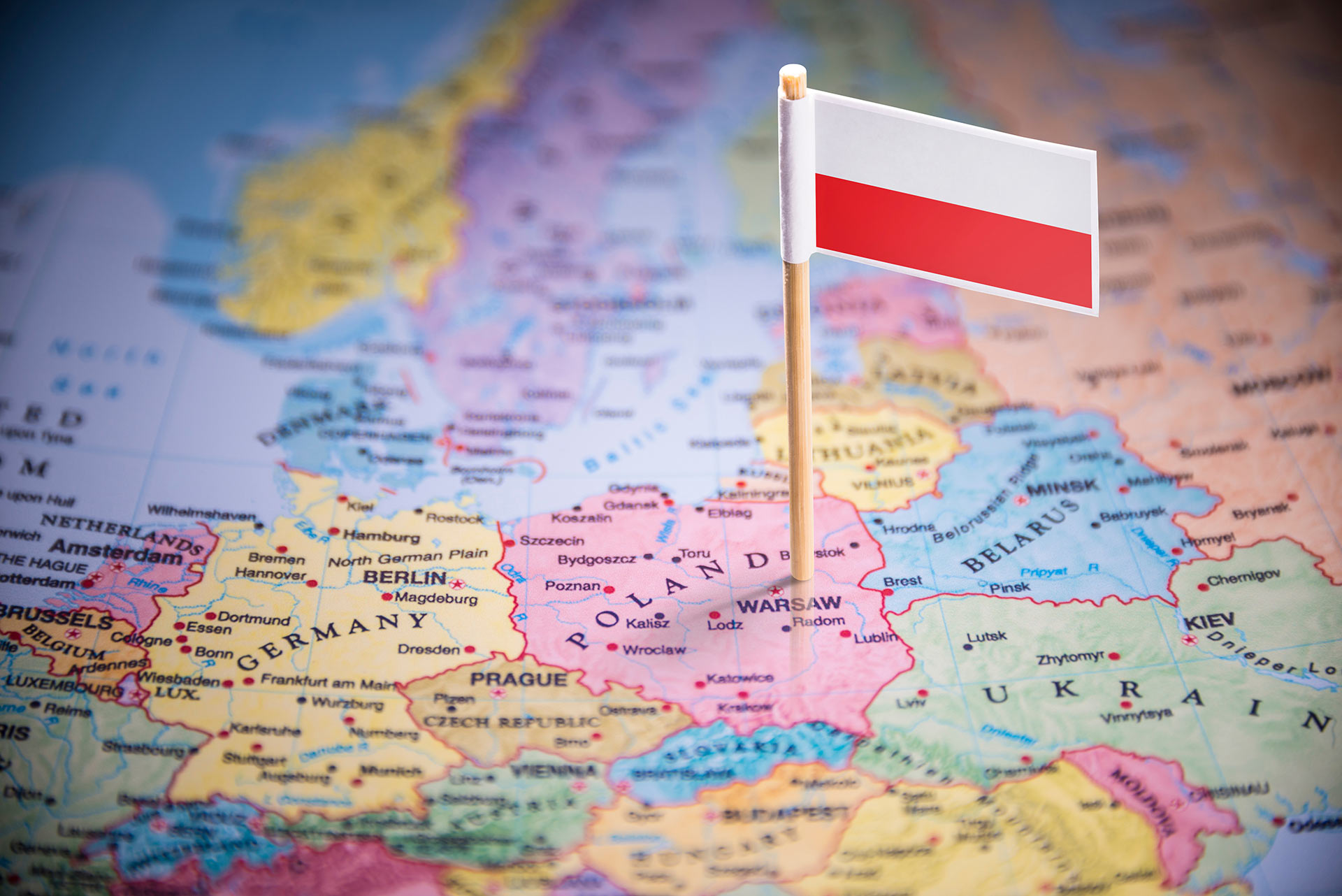Extended Producer Responsibility (EPR) for textiles in Europe:
n the EU alone, 5.8 million tons of textile waste were produced in 2022, which corresponds to a per capita generation of almost 13 kg per inhabitant. Hardly a third of this gigantic mountain of waste is recycled or reused on the second-hand market. The textile industry is responsible for around 10% of total CO2 emissions worldwide (European Parliament 12/2020) and water consumption is also enormous. An estimated 2,500 liters of fresh water are needed to produce a cotton T-shirt (European Parliament 09/2020). With this in mind, it is essential for manufacturers to establish an effective circular economy for textile waste, including incentives for more efficient use of resources.
While there have been uniform regulations in the EU for years regarding the disposal of batteries, electrical appliances and packaging, there is still no uniform regulation in the European Union on extended producer responsibility in the textile sector. Although the EU textile strategy has been developed, the establishment of a circular economy for textiles is still a long way off. However, this has not stopped three EU member states from already introducing legislation on extended producer responsibility for textiles.
France, the Netherlands and Hungary have already passed laws in the area of EPR textiles that oblige manufacturers and importers of textiles to contribute to the costs of the disposal and recycling of textiles. No uniform guideline was followed when drafting these laws, which means that the diversity and complexity of the various regulations is already difficult to understand. In particular, the definition of what is considered a textile varies considerably from country to country, which further complicates the situation for companies that have to comply with these regulations.
France
France is a pioneer in the area of extended producer responsibility for textiles sold to end consumers and has had a functioning take-back system for textile waste since 2007.
When am I obliged?
You are obliged if:
- You manufacture textiles in France.
- You apply your own brand to products from other manufacturers.
- You import textiles to France with the aim of reselling them.
- You sell textiles to end consumers in France via distance selling.
What falls under textiles in France?
In France, textiles include all standard items of clothing such as jackets, pants, shoes and hats. Bedspreads, tablecloths and bed linen are also recorded as textiles. There are also products that at first glance would be considered textiles, but in France fall into a completely different category of extended producer responsibility. Carpets, curtains or decorative cushions are usually also made of textile fibers, but are considered furniture by French law and must be registered and reported separately (we will of course be happy to help you with this as well). Good news for sellers of leather goods, these are not subject to registration in France.
By the way:
France also has special regulations on the labeling of textiles. Textiles that are sold to end consumers must be labeled with the so-called Triman symbol. Of course, we also support you in implementing the labeling requirements in France.
Would you like to find out more about France? Here you will find a blog article on the subject of environmental properties!
Netherlands
A system for extended producer responsibility will also be introduced in the Netherlands from 2024. Manufacturers and distributors will initially have to submit an estimated quantity and pay disposal fees to the system operator from 2025.
When am I obliged?
You are obliged if:
- You manufacture textiles in the Netherlands.
- You apply your own brand to products from other manufacturers.
- You import textiles into the Netherlands with the aim of reselling them.
- You sell textiles to end consumers in the Netherlands via distance selling.
What falls under textiles in the Netherlands?
In the Netherlands, textiles include consumer clothing, but also work and business clothing as well as bed linen, tablecloths and towels for private and commercial use. But here, too, there are a few exceptions. Shoes and headgear, for example, do not generally fall within the scope of the law. Similarly, the objects that are recorded as furniture in France are not covered in the Netherlands. As in France, leather and fur products are not subject to licensing.
Hungary
In summer 2023, Hungary introduced comprehensive obligations for extended producer responsibility for a range of product types such as furniture, textiles, packaging and electrical appliances. What is new about these regulations is that, for the first time, foreign companies without a Hungarian tax number are also obliged to obtain a license. Participation in the take-back systems is therefore difficult for outsiders, as both the Hungarian authorities and the state concession company only communicate in Hungarian and the register portals are only available in the national language.
When am I obliged?
You are obliged if:
- You manufacture textiles in Hungary.
- You apply your own brand to products from other manufacturers.
- You importing textiles to Hungary with the aim of reselling them.
- You sell textiles to end consumers in Hungary via distance selling.
What falls under textiles in Hungary?
Hungary has the most far-reaching definition of textiles of any country to date. In Hungary, both consumer and work clothing, as well as carpets and curtains, fall under the category of textiles, which means that licensing is mandatory for these items. Bed linen, table linen and shoes are also covered by the law. In Hungary, there is also a special regulation that leather and fur products, regardless of whether they are made of real or artificial material, must be declared.
Latvia
Latvia also implemented an EPR solution for textiles on July 1, 2024.
Distributors are obliged to pay the natural resources tax (NRT). The tax amounts to EUR 0.5/kg for the products concerned and is used for the state disposal of textiles. This NRT can be circumvented by concluding a contract with the Latvian Green Dot (Latvijas Zaļais punkts, LZP).
If a contract is concluded with LZP, “its administrative costs, which must be added to the price of the textile product and are borne by the consumer, only increase by 0.13 euros/kg. This means, for example, that a T-shirt weighing around 180 g will be 2 cents more expensive, trousers weighing around 700 g will be 9 cents more expensive and a coat weighing 2 kg will be 26 cents more expensive.” (LZP News 04/2024)
When am I obliged?
You are obliged if:
- You produce textiles in Latvia.
- apply your own brand to products from other manufacturers.
- import textiles to Latvia with the aim of reselling them.
- You sell textiles to end consumers in Latvia via distance selling.
What falls under textiles in Hungary?
Clothing, shoes and home textiles are all classified as “textiles” in Latvia.
EPR textiles: new challenges and opportunities
The importance of extended producer responsibility (EPR) in the textile sector will continue to increase for companies in the future. Irrespective of a pan-European regulation, countries such as Sweden and Portugal have already announced the introduction of their own EPR regulations for textiles. The UK, which has left the EU, is also planning to implement its own corresponding regulation.
Conclusion
Legislation in various countries has indeed not made it easy for companies to keep track of which of their products fall within the scope of extended producer responsibility. The different national regulations that vary from country to country can present a complex challenge for companies operating internationally, especially when it comes to compliance with various environmental and recycling standards. As a consulting company with many years of experience in the field of extended producer responsibility, we have built up comprehensive knowledge of the individual categories so that your company can operate safely on the international markets.
We will be happy to advise you on which of your products are subject to international licensing and take care of the registration and notification of your products quickly and easily.



